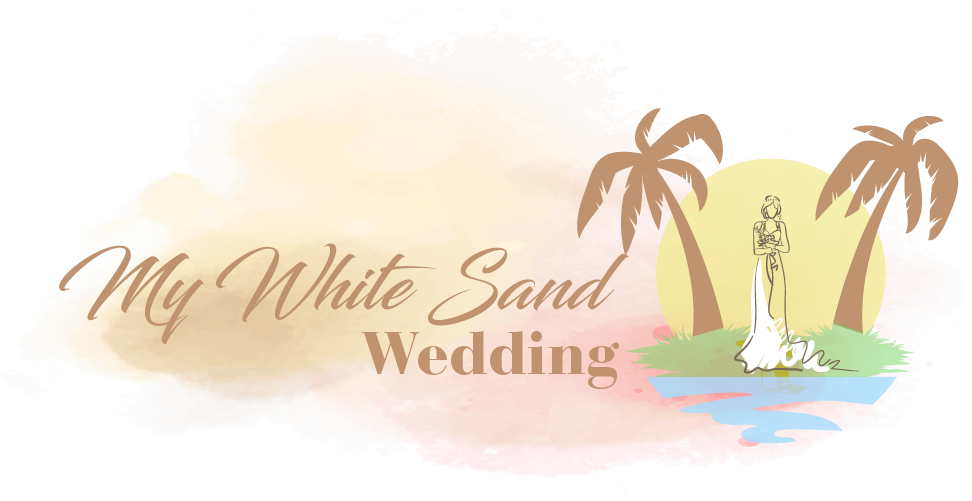Congratulations on your marriage proposal. Your wedding day is one of the happiest days of your life, so you want it to go as perfectly as possible.
While there are many things to plan when preparing for your wedding, one of the most important things to consider is the size of your wedding.
Which is better for you, a big or small wedding?
Both big and small weddings can suit you according to what you have in mind. You need to consider your budget, wishes, and family when choosing the size of your wedding. However, you are guaranteed to have a beautiful day no matter the size of the wedding that you choose.
What is the difference between a big and a small wedding? What should you consider when planning your wedding? Continue reading.
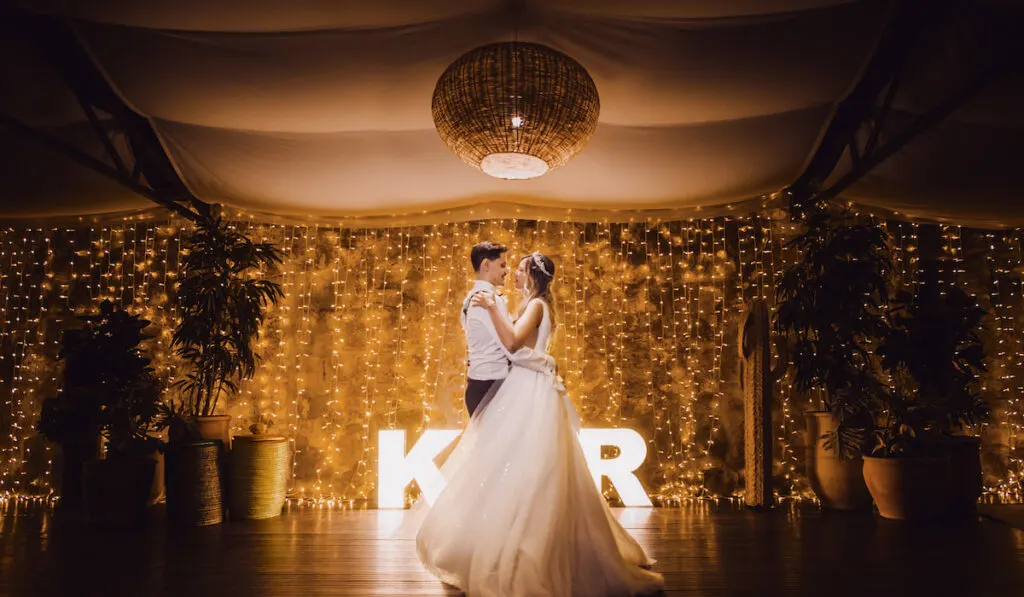
Table of Contents
Big vs. Small Wedding
Many couples have to choose between having a big or small wedding. This is usually because when planning for their wedding, they hear a lot of opinions about how a specific size is better than another.
Well, if you continue to consider everything that you hear, you may not have enough time to plan your wedding.
To get things done, you need to be decisive. Continue reading this article to learn more about big and small weddings so you can choose what suits you best.
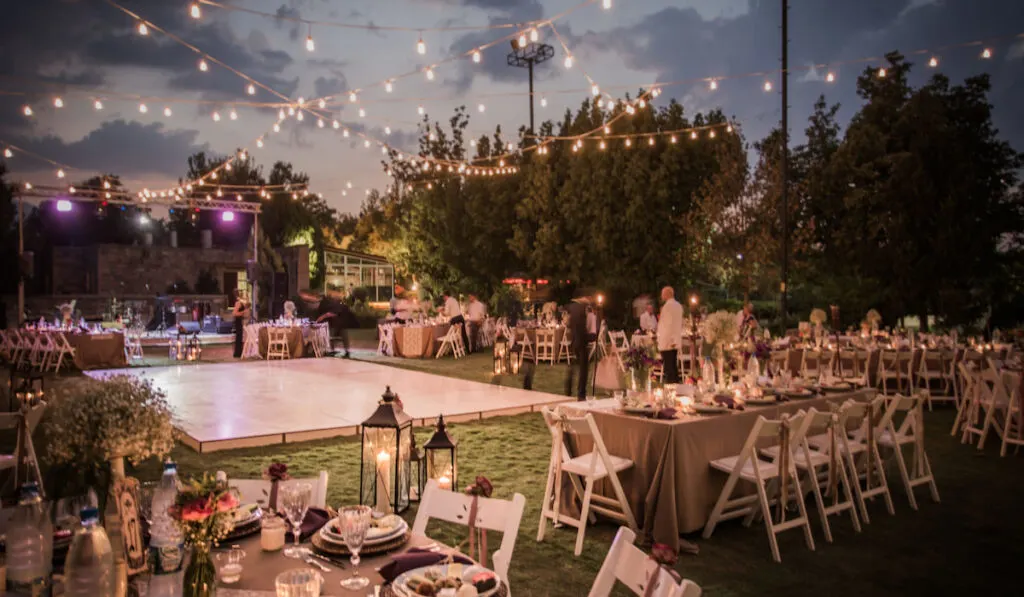
Big Weddings
What is a big wedding?
A wedding with over 150 guests is considered big.
Aside from the number of guests, a wedding that is considered big usually has a lot of “inviters.” Inviters refer to the number of persons with invitation cards.
At big weddings, the couple’s parents, relatives, and close friends can invite people to the wedding, as it is large enough to hold many people.
Continue reading to learn the pros and cons of big weddings.
Advantages of Big Weddings
Here are some reasons why you should consider planning a large wedding.
- You can invite whoever you want: You do not have to worry about space and the number of people you can invite. Invite whoever you can think of.
- You can plan the event to be as majestic as you want: The larger the wedding, the more features it can have. Therefore, you are limitless when considering the hall design and other things.
- There will be many people to assist you: A larger wedding means you can invite many people. This also means that more people will assist you if you need support.
- You receive more gifts: Even though the wedding is about the love between you and your spouse, there are also a lot of gifts for you at bigger weddings.
- You are surrounded by your loved ones: All your relatives and friends can be present.
Great pros, right? Let’s consider the cons.
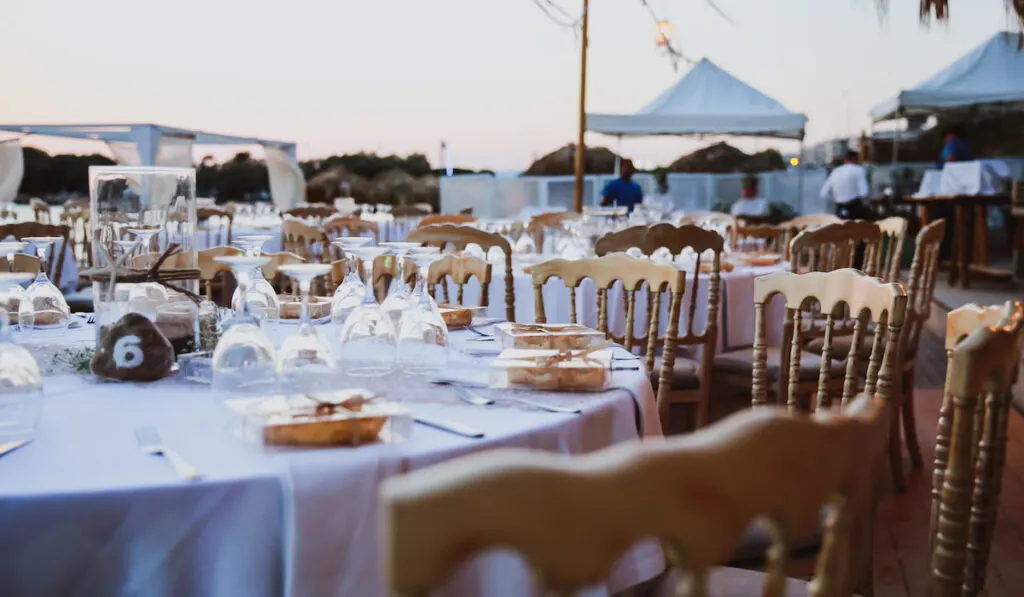
Disadvantages of Big Weddings
Here are reasons you should not plan a big wedding:
- You need a bigger budget: The larger the event, the more you have to spend.
- Not every venue can hold as many guests as you have in mind: In your town or community, there may not be a venue that can accommodate the number of guests that you have in mind. This means that you have fewer options to choose from.
- There is less quality in big weddings: Big weddings have more quantity for sure, but quality is not guaranteed, especially if you consider the cost.
- Big weddings are less safe than small weddings: There are a lot of guests at big weddings, so there is an higher chance of an accident happening.
- You may not know everyone at your wedding: One con of big weddings is that you may find people who you do not know at your wedding reception. Your relative or close friends probably invited them.
What about small weddings? Continue reading.
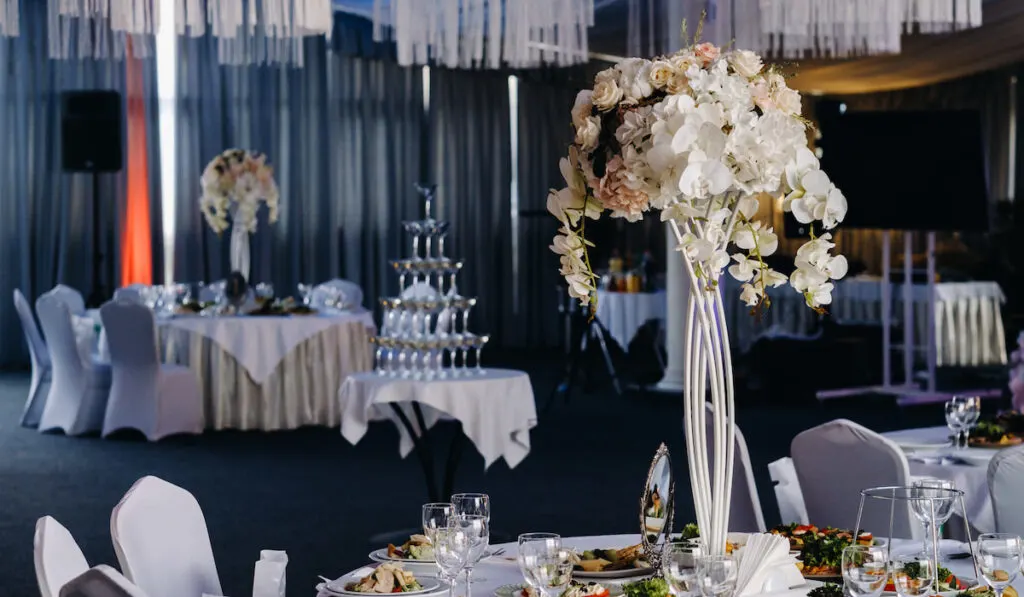
Small Weddings
A small wedding is a wedding with 50 or fewer guests.
It is as simple as possible, so you do not need to plan a lot for this wedding. The guests are limited to just your close friends and relatives.
Continue reading to learn the pros and cons of small weddings.
Advantages of Small Weddings
Here are some advantages of small weddings:
- You spend less: The smaller and simpler the wedding, the lower your budget. Why spend so much?
- It is easier to plan: With small weddings, you do not need to spend so much time planning the event. It is more straightforward.
- Most people appreciate simplicity over complexity: If you are like others who prefer simplicity, you do not need to give in to the pressure of having a large wedding.
- You are surrounded by just the people who matter to you the most: This is very important as you’d be in a hall or venue with just the people who you love the most.
- You can hold your wedding in almost every venue: The size of the venue doesn’t matter; it can almost always hold a small wedding.
Who wouldn’t want to have a small wedding? Continue reading for the cons of small weddings.
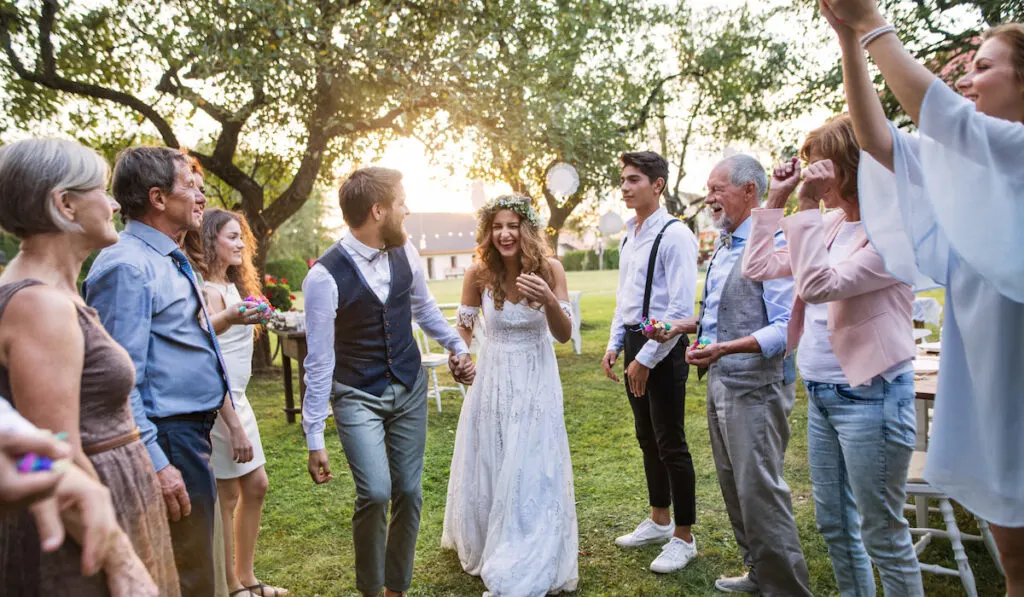
Disadvantages of Small Weddings
See some small wedding disadvantages here:
- You need to decide who to invite: Now you have to decide who to invite because not everyone you know can attend your wedding.
- Small weddings are not so lively: There is not a big crowd, so the activities are limited to just what your little circle loves to do.
- Your parents will not be inviting their friends: The population of people who attend weddings mainly consists of friends of the couple’s parents. A small wedding will prevent your parents from asking people they might have loved to invite.
- Some people might be mad at you: Many people who you do not invite but got to learn of your wedding will be upset with you for not inviting them.
- You will have a lot of explanations to make: Well, to prevent people from staying mad at you, you will have to explain why you didn’t invite them.
Now you know the pros and cons of big and small weddings. Which wedding is right for you? Continue reading.
Which Option Is Best for You?
Here are some things that you should consider:
1. Consider Your Budget

Your budget should come first.
As soon as you and your partner have decided how much you plan to spend, you can determine the type of wedding to have.
Even if an event planner will plan your wedding for you, the first thing they should know is your budget range so that they do not plan for something outside your budget.
2. Consult Your Families
Aside from getting married to your spouse, a wedding also involves the union of two families.
This means that your relatives should also decide how big or small the wedding should be.
Who would your parents love to invite? How many guests should an entire family be expecting? Put these into consideration.
3. Consider the Date
When do you intend to get married? How soon can you prepare for a very big wedding?
If the wedding date is fast approaching and you have not put everything in order, you should probably opt for a smaller wedding.
If you have a lot of time, you could plan for a big wedding.
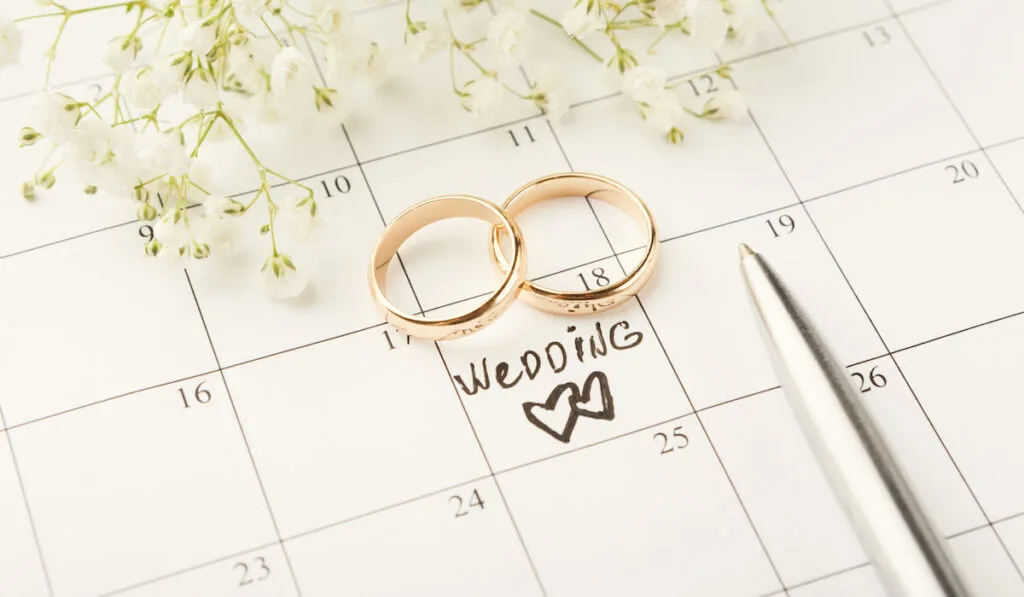
4. Consult an Event Planner
Instead of planning your wedding yourself, what if you consult an expert in weddings?
Event planners can help you decide the best wedding size after you tell them whatever they ask you (such as the number of people you’d love to invite).
However, the event planner can only guide you, as you have the final say.
5. You Must Work with Your Partner
Make sure that everything about your wedding plans is OK with you and your partner. Do not choose a big wedding if your partner is not OK with it.
Both of you must come to an agreement before any decision can be made. Agreeing can make things go smoothly while increasing the bond between you and your partner.
Now you know what to consider when planning the size of your wedding. What about other factors of your wedding? What should you consider? Continue reading.
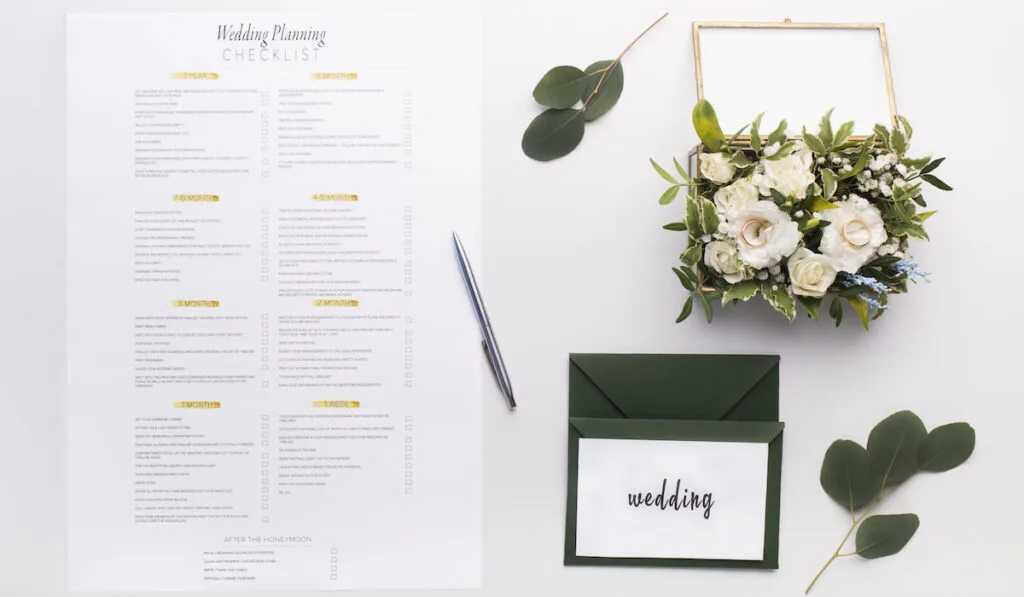
What You Should Consider When Planning Your Wedding
Always remember the following when planning your wedding:
- Budget first: Well, you know the rules. Always have a budget at the back of your mind.
- Be intentional about the color scheme: You must choose the color of the hall decorations, cake, dress, etc. Colors are essential.
- Food, snacks, and drinks: What will your guests eat and drink? Note that food and beverages, as well as the size of the wedding, will be determined by your budget.
- Recording your event: Do not forget to hire a photographer. You want to preserve your memories.
- Always have extra cash: Sometimes, you may spend more than you budgeted. To be safe, do keep some extra cash on hand.
Make sure that you have the best wedding ever!
Final Thoughts
The size of your wedding can affect how many guests you can invite and how much fun you can have at your wedding. It also affects how intense the occasion will be and the gifts you will receive.
Remember, you will surely enjoy your wedding no matter what size you choose.
Resources
- https://www.brides.com/what-is-considered-a-small-wedding
- https://theweddingplaybook.com/big-wedding-or-small-wedding/
- https://www.callablanche.com/post/big-wedding-vs-small-similarities-youll-keep-and-the-differences-you-wont-miss/
- https://ospreysgolf.com/2021/08/12/big-vs-small-wedding-pros-and-cons/
